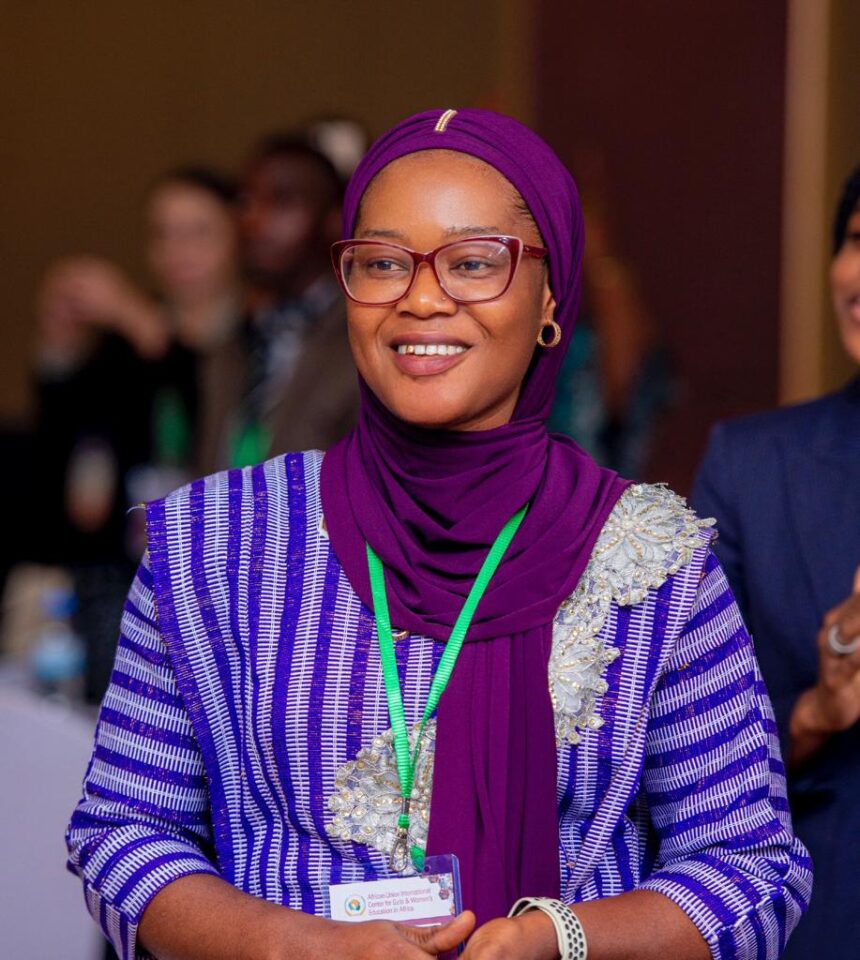By: Mohammed Suhuyini Shaharan
Women in politics continue to face relentless abuse in Ghana’s digital space, a menace the Executive Director for FEAD Ghana, Hajia Hikmat Baba Dua has described as “a silent weapon used to silence the female voice in governance.”
Speaking on Tolon Radio’s Breakfast Show (Biegu Naayo) hosted by Mohammed Suhuyini Shaharan, the gender advocate and politician made a passionate appeal to government and key stakeholders to urgently curb the rising tide of Online Gender-Based Violence (OGBV).
“Every day, women leaders are harassed, slut-shamed, and threatened online simply for speaking out. This is not freedom of expression but gender-based violence designed to break women’s resolve,” she told host Mohammed Suhuyini Shaharan.
The digital space has become a new front opened in Ghana’s battle for democracy. While the internet has expanded civic participation, it has also become a weaponized arena where women in politics face relentless attacks.
Research by the Media Foundation for West Africa (MFWA) reveals a disturbing trend: online spaces, once heralded as tools for inclusion, are now systematically silencing female voices. The abuse ranges from misogynistic insults to threats of rape and death often going unpunished.
Observers say this unchecked hostility is driving many women away from politics. “When abuse becomes normalized, democracy itself is at risk,” Hajia Hikmat warned. “We cannot talk about free participation in governance while half of the population is bullied into silence,” she added.
Hajia Hikmat is demanding that the government “crack the whip” by strengthening laws against online harassment, compelling tech companies to act, and resourcing law enforcement to track abusers.
Her call aligns with the United Nations Sustainable Development Goals (SDGs), particularly Goal 5 (Gender Equality) and Goal 16 (Strong Institutions). Failure to act, experts argue, will undermine Ghana’s democratic gains and tarnish its reputation as a model of stability in West Africa.
Listeners who phoned in during the program echoed her concerns, describing Ghana’s online space as “toxic” for women. Some recounted how young female aspirants in local politics have withdrawn from campaigns after facing orchestrated online harassment.
For Hajia Hikmat, the issue is simple: “Protecting women online is not optional. It is a test of Ghana’s political will to build an inclusive democracy.”
Her challenge to government is clear, will it remain silent as digital spaces become battlegrounds for misogyny, or will it enforce accountability to safeguard women’s voices?


